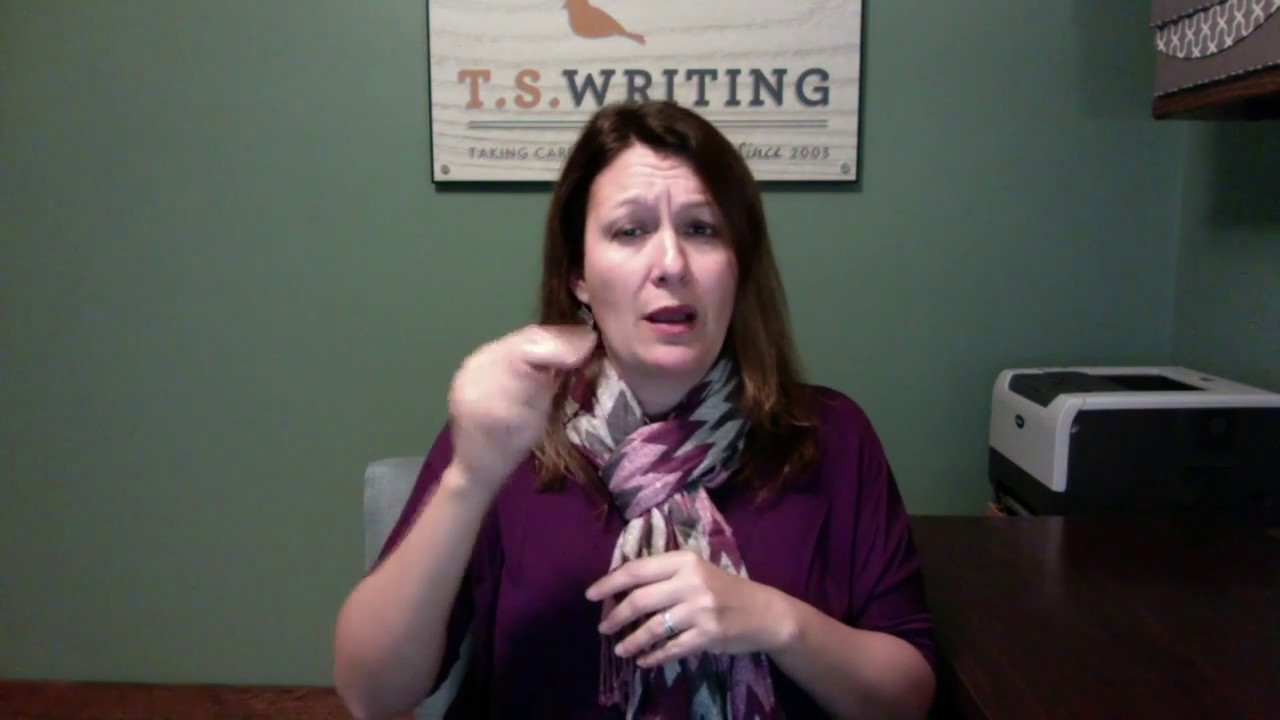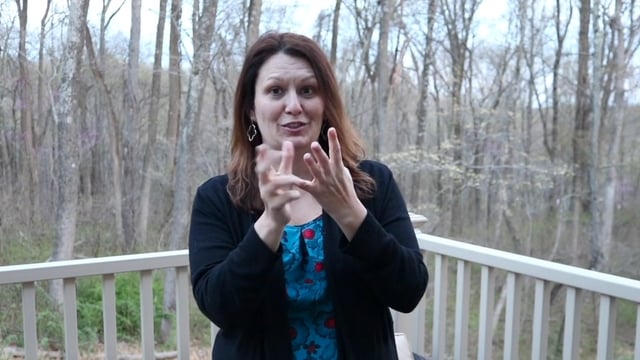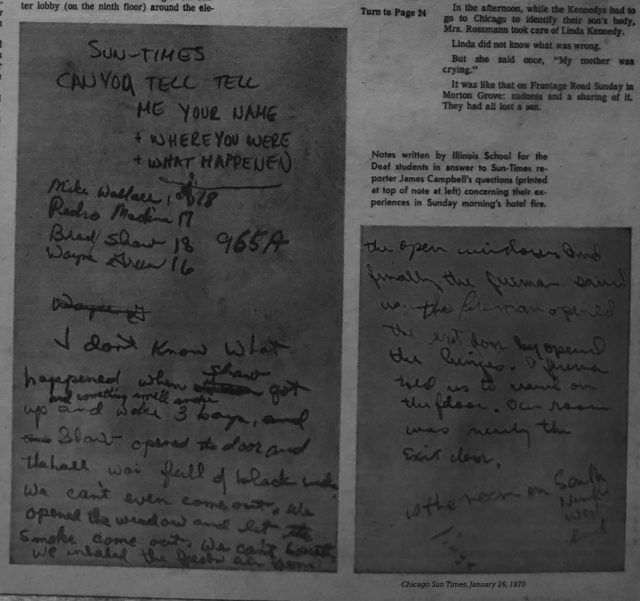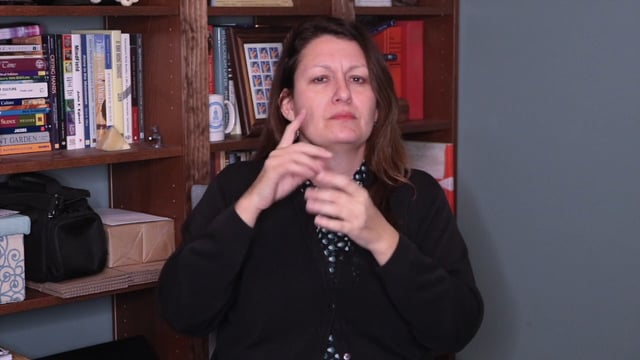When I see a company name that includes the word “Deaf,” I automatically assume that it’s a Deaf-owned company. And more often than not, I’m disappointed to learn the opposite is true. I once worked with an individual who ran a company that I’ll call Deaf 123. Given the company name, I assumed the company was Deaf-owned. The owner and I had never met in person, though; everything was done online. As I asked about her background, the owner realized I thought she was deaf and took that as a personal compliment. In fact, she said she was honored that I thought she was deaf because she had worked so hard to achieve this status.
I had to quickly backtrack and explain that my mistaken notion was based primarily on her company name. I also reminded her to be careful about misleading people, even if unintentionally, into believing she was deaf when in reality she was hearing and could hardly sign. Even today, this company has a lackluster reputation among many Deaf people because the owner doesn’t respect the culture and language.
Sure, a person has the right to call his/her company anything, but with the use of a cultural group’s name comes responsibility in being transparent about cultural and language affiliations. And of course, simply because someone is Deaf doesn’t mean she or he is qualified to work with the Deaf community. But my focus here is on people who are hearing yet use “Deaf” in their for-profit business names.
Several friends compared hearing people’s use of “Deaf” in company names to how some white people regularly wear Native American clothing or jewelry without really having the appropriate connections to do so. This is an excellent example; there are many white people who claim to be of Native American lineage (it’s always Cherokee, isn’t it?) and go to great lengths to try and be as embedded in the Native American culture and community as much as possible without authentication. Imagine if I established a company called “Somali Mortgages.” I think most people would understandably assume I was Somali and part of the Somali community if I didn’t make that clear otherwise. So why would I dare to do such a thing? The answer is obvious. I see a market, I think I can make money off it, and so I target it. This isn’t necessarily ethical even if it’s perfectly legal, yet this happens all the time in the Deaf community.
When I see hearing-run companies with “Deaf” in their names, I always wonder, “What’s in it for them? Do they really support the Deaf community? Are their employees mostly Deaf? Does the money they make go back into the Deaf community at all?” Perhaps I’m being ridiculously territorial and suspicious, but this is how I automatically react. I think anyone who is part of a minority group typically will have this response when a group’s identity is minimized, disregarded or even exploited.
One could even argue that if a company sells products or services for Deaf people, this qualifies the inclusion of “Deaf” in the name. I still don’t think that’s the best idea. Why not simply name the company something else and then mention “Deaf” in the slogan or service listing? Don’t get me wrong – I’m all for companies that have “Deaf” in the name as long as they’re genuinely Deaf-run, such as DeafVision, a terrific company. But there needs to be some level of validity, too.
Besides, to narrowly define a company in this way is not always the best business practice. As a Deaf company owner, I deliberately stayed away from using “Deaf” in my company name because I didn’t want to alienate people who could hear or didn’t identify as being Deaf. And it’s paid off; a good number of my customers are not deaf. This has expanded my potential market that much more, and has helped break down misconceptions about deaf people.
On that note, take a look at the names of some successful Deaf-owned businesses: Harris Communications, DawnSignPress, Schwarz Financial Services (which also runs DeafTax.com), Kramer Financial Services, Rawland Cycles, Alternative Solutions Center, and DM Multimedia. Notice something in common? Yeah, none of them have “Deaf” in the company name.
The bottom line for me is transparency. Just like any company – Deaf-run or not – I always like to know who the owner is, the owner’s background, and what the company’s practices and philosophy are. On top of that, I want to ensure that the company is respectful of people’s cultures, languages and values. This type of transparency and authenticity is what makes me feel comfortable and proud to do business with a company.
Copyrighted material. This article can not be copied, reproduced, or redistributed without the express written consent of the author.




